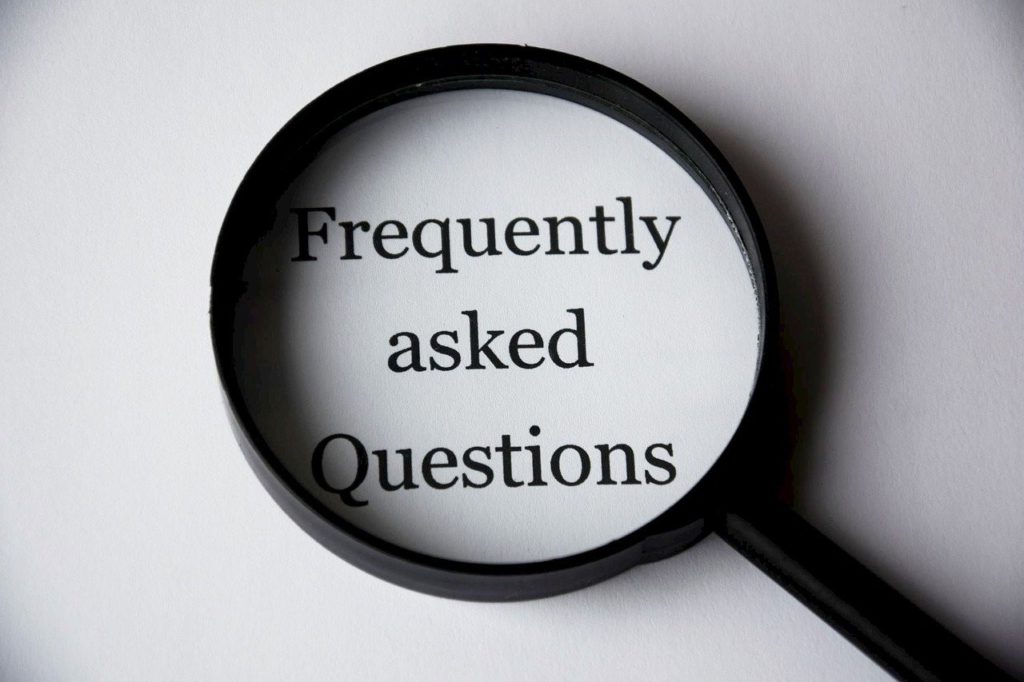
Once somebody passes away, there will be either an executor or administrator appointed who will be responsible for dealing with the distribution of their assets. This person will be responsible for paying off any taxes and liabilities owed by the deceased and distributing the remainder of their estate as per the terms specified in their will or laid out in the rules of intestacy.
Will it Be an Executor or an Administrator?
Whether it is an executor or an administrator who deals with the estate will vary depending on whether or not the deceased has left a valid will. If there is a valid will, the person who deals with it will be called an executor. If there isn’t a will, the person dealing with it will be an administrator. They both have the same role; the only difference is that the executor is named in the will and, therefore, specifically chosen by the deceased, whereas the administrator can be appointed by the court and asked to deal with a deceased person’s estate.
Accessing Money, Property and Any Other Assets in the Estate
If the deceased has left a lot behind, then naturally, the executor or the administrator will need to get access to these different parts of the estate so that they can be sold or transferred to the necessary people. To do this, they will need to apply for either a grant of representation or a grant of probate. If there is a valid will, the Probate Registry will grant probate of the will. On the other hand, if the will is invalid or there is no will, the probate registry will need to use a grant of letters of administration instead.
Transferring Property After Death
One of the most common assets to be dealt with after an individual has passed away is their property. Often, a property will be sold to settle different liabilities and tax obligations; however, the property may also be transferred to the deceased’s spouse or children.
The process involved in this transfer depends on who is responsible for it and how the property was owned. As such, the first thing to establish before anything can be transferred is whether or not the deceased was the joint or the sole owner.
A Sole Owner
The whole process is straightforward if the property is in the sole name of the individual who has passed away and is registered at the land registry. The executor or administrator handling the estate will need to transfer the property to whoever is entitled. If a will has been left that specifies the spouse, it will go to them. If there is no will, if the deceased and their spouse lived in the property together, it will go to them.
For a property to be successfully transferred to a beneficiary, the executor or the administrator has to submit a document called ‘Assent.’ This is submitted to the Land Registry, who will then transfer the property into the new owner’s name.
The grant of probate or the letters of administration, obtained at an earlier date, also need to be sent to the Land Registry. This is because these will tell them who is authorised for the property transfer. If the property is not being transferred but will be sold, the same needs to happen, as these documents give authority to the person who will be transferring the property to the new buyers.
A Joint Owner
When the deceased of a property was the joint owner, this can sometimes be a bit more tricky, although not necessarily when transferring to a spouse. There are two ways a property can be jointly owned: as tenants in common or joint tenants.
- Joint Tenants
When joint tenants own the property, nobody owns a specific part of the property. This is quite common for spouses as they often buy a property together and own it jointly. If this is the case, the transfer is easy as, upon the individual’s death, the surviving joint owner will automatically inherit the rest of the property.
To successfully transfer the property to the surviving joint owner, the death certificate must be filed with the Land Registry. The Land Registry will then be in a position to update the title to reflect who now owns the property.
- Tenants in Common
If the property is owned as tenants in common then each owner has a specific share assigned to them. Most of the time, this share is 50%, but that can vary depending on who paid what into the property or how many tenants in common there are.
The surviving joint owner(s) is the person in a position to deal with the transfer of the property that the deceased previously owned. As such, there is no need for the Land Registry to see any kind of grant of representation for the property.
Do You Need Assistance with the Transfer of Property?
There can be a lot of complications involved when you are responsible for dealing with the estate of a loved one. You need to get permission to deal with different aspects of the estate and ensure you are transferring assets in line with how they are owned. If you need assistance, then at Probates Online, we can assist you every step of the way. If you have any questions about dealing with a deceased’s estate or need further information, do not hesitate to get in touch.








